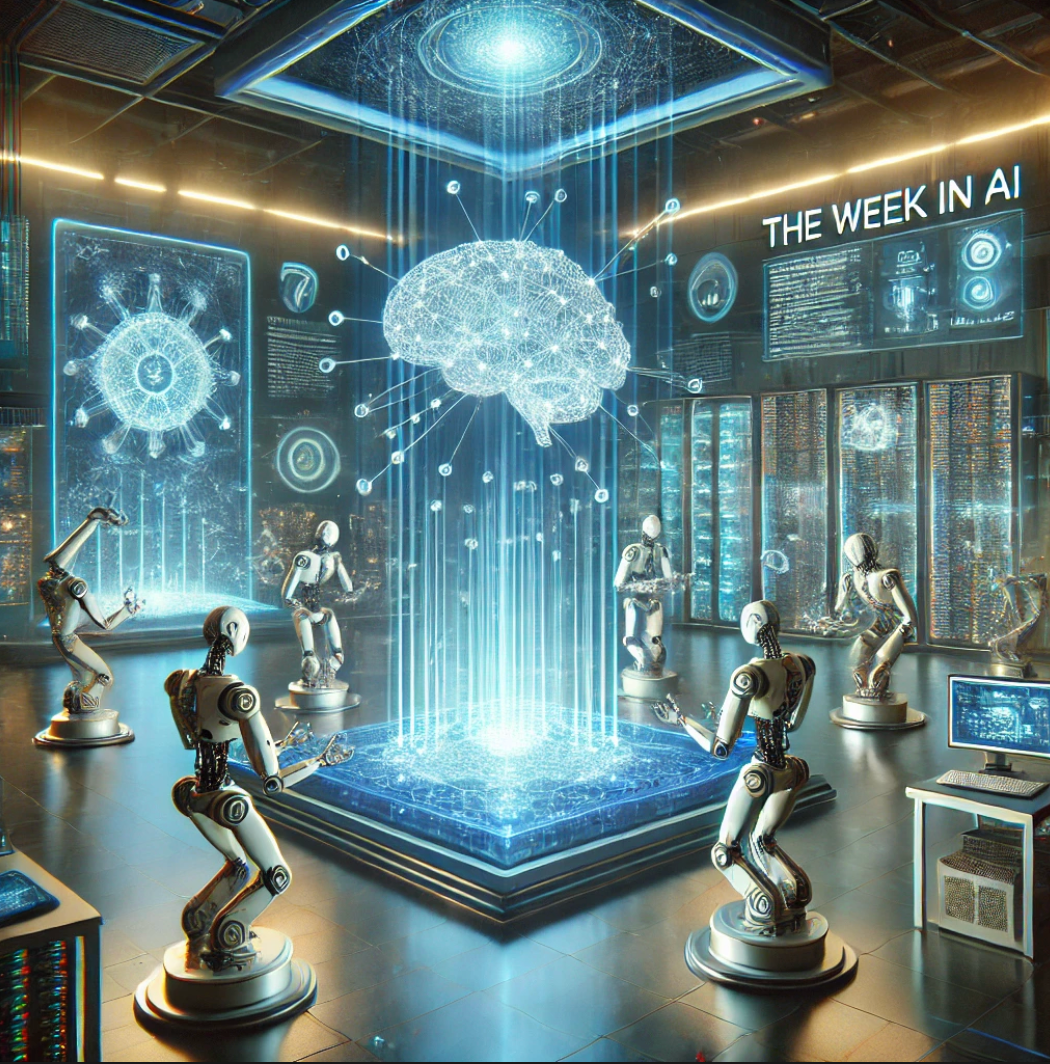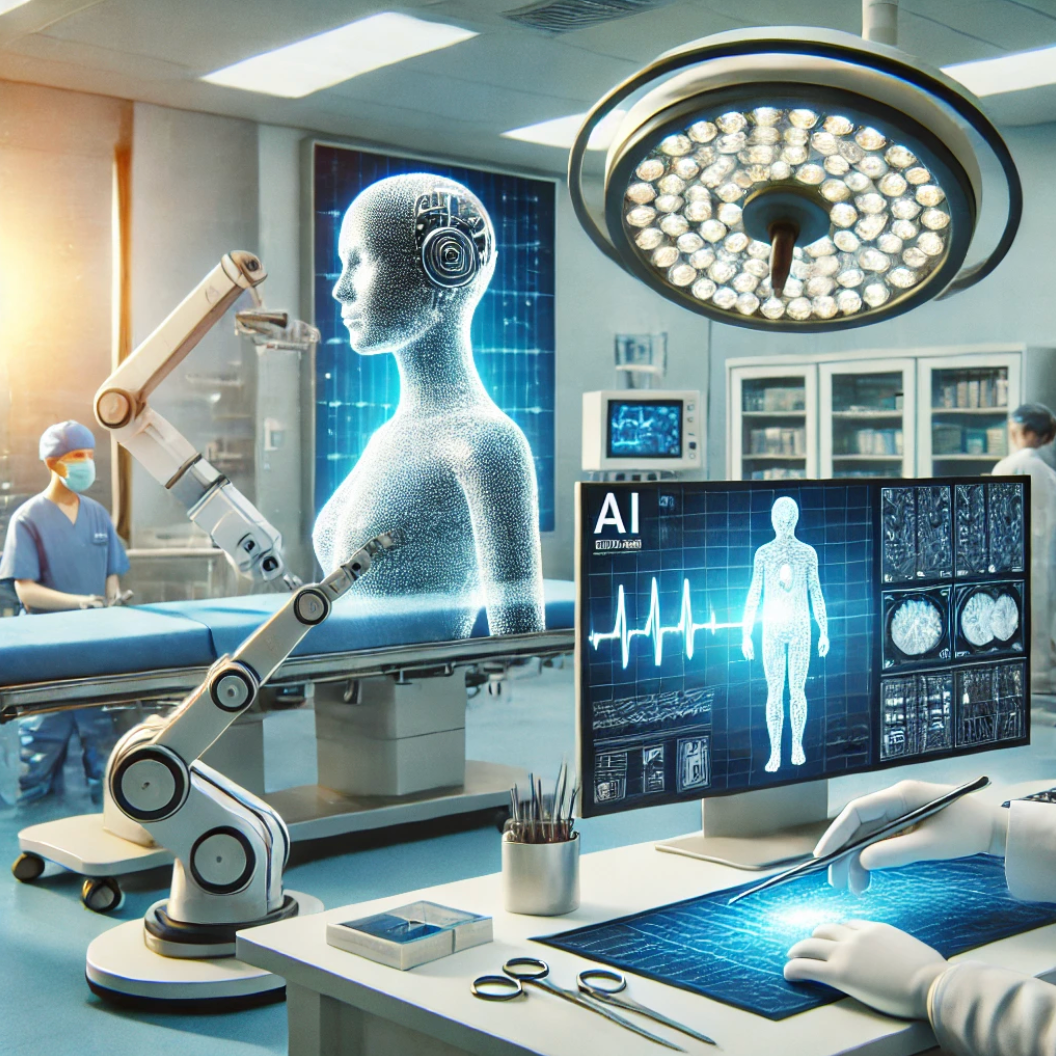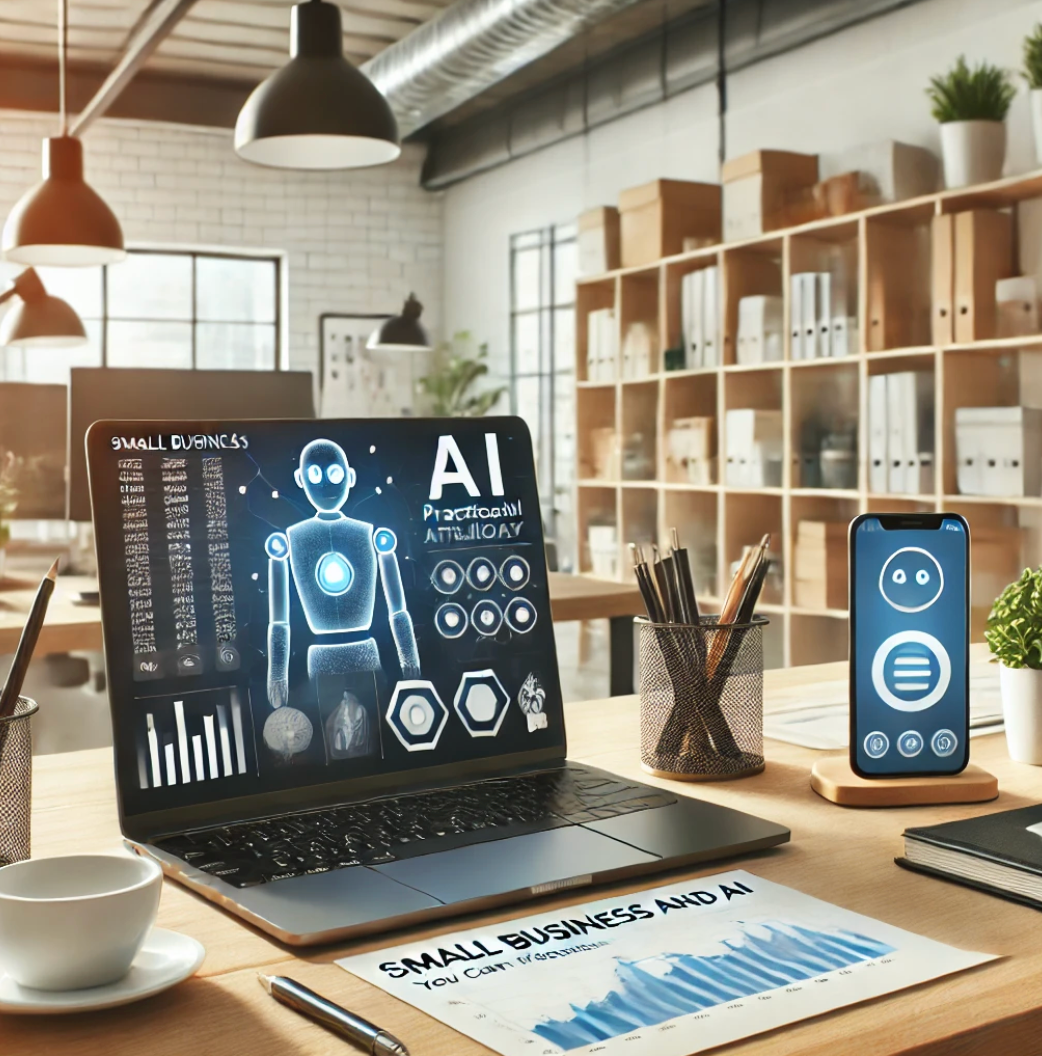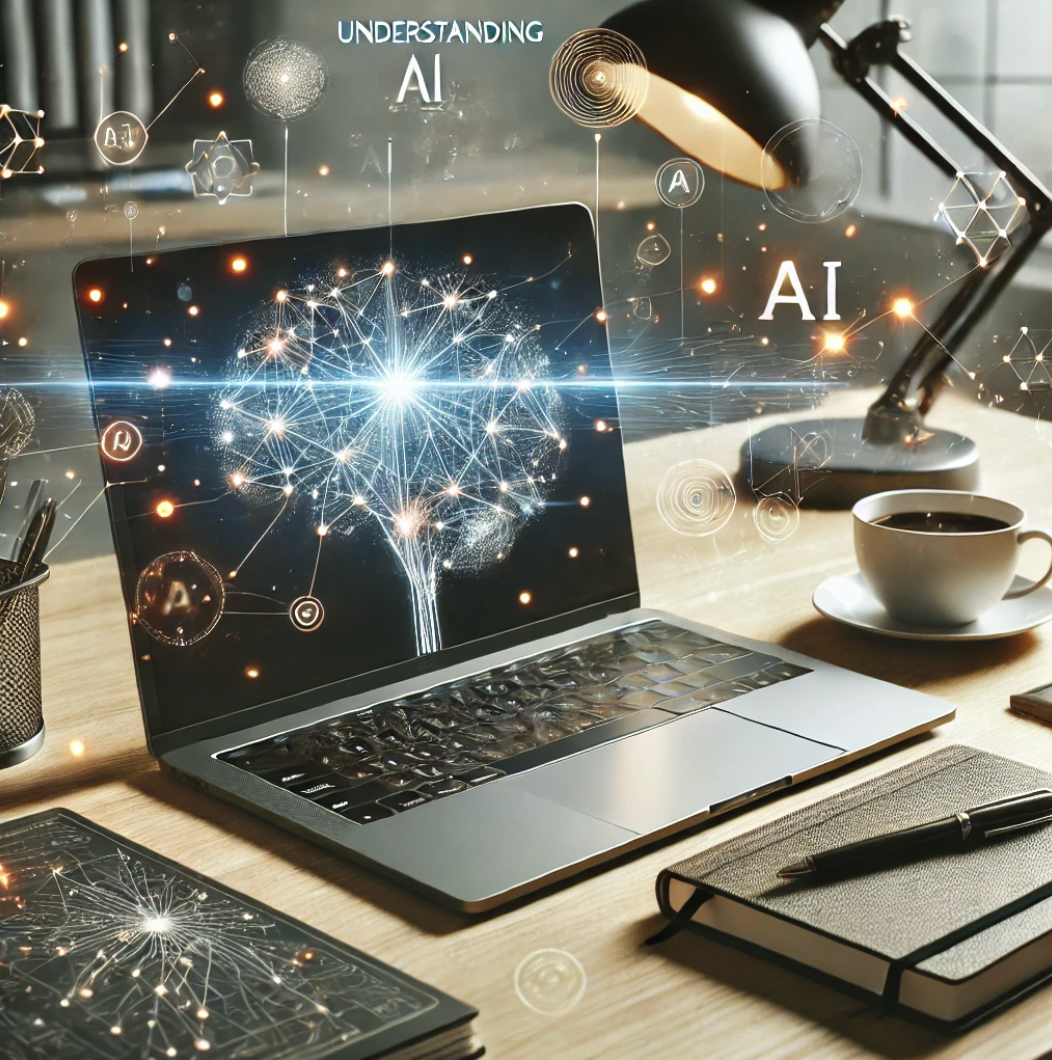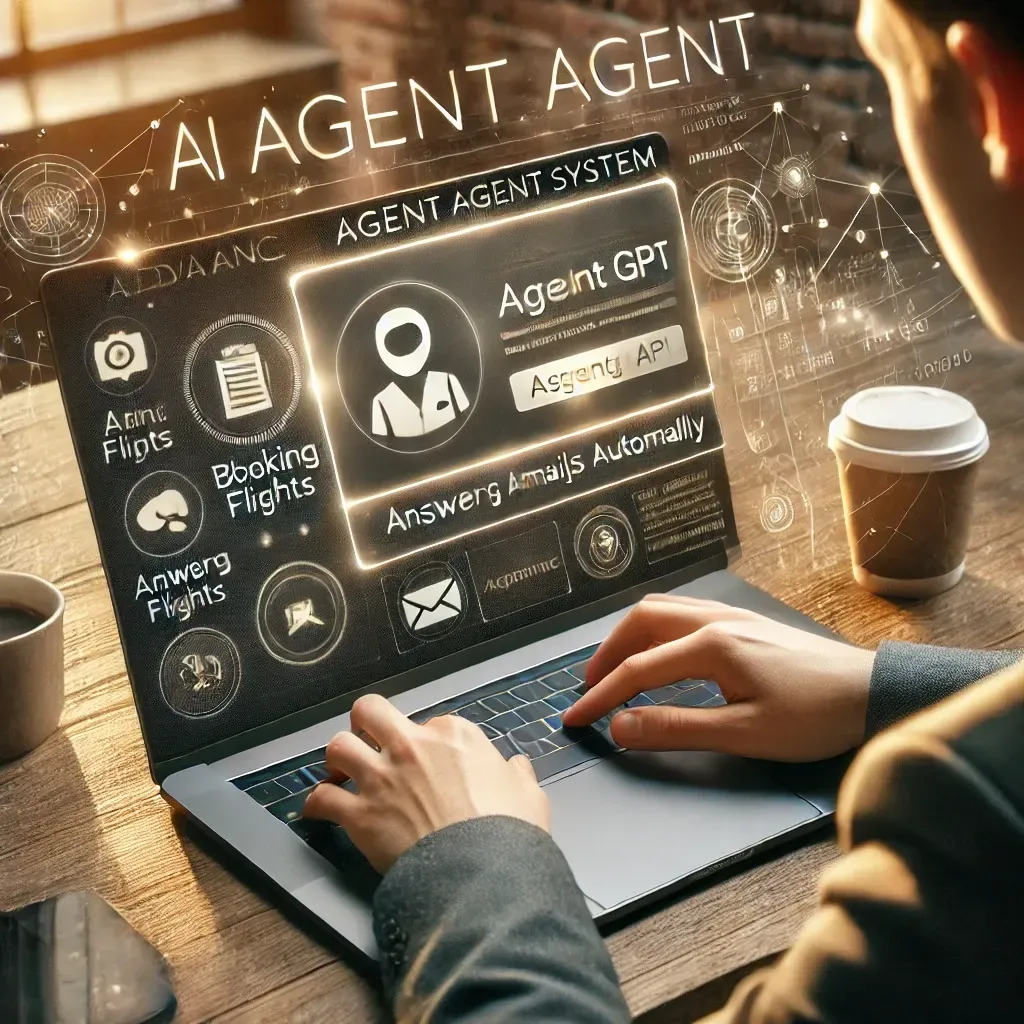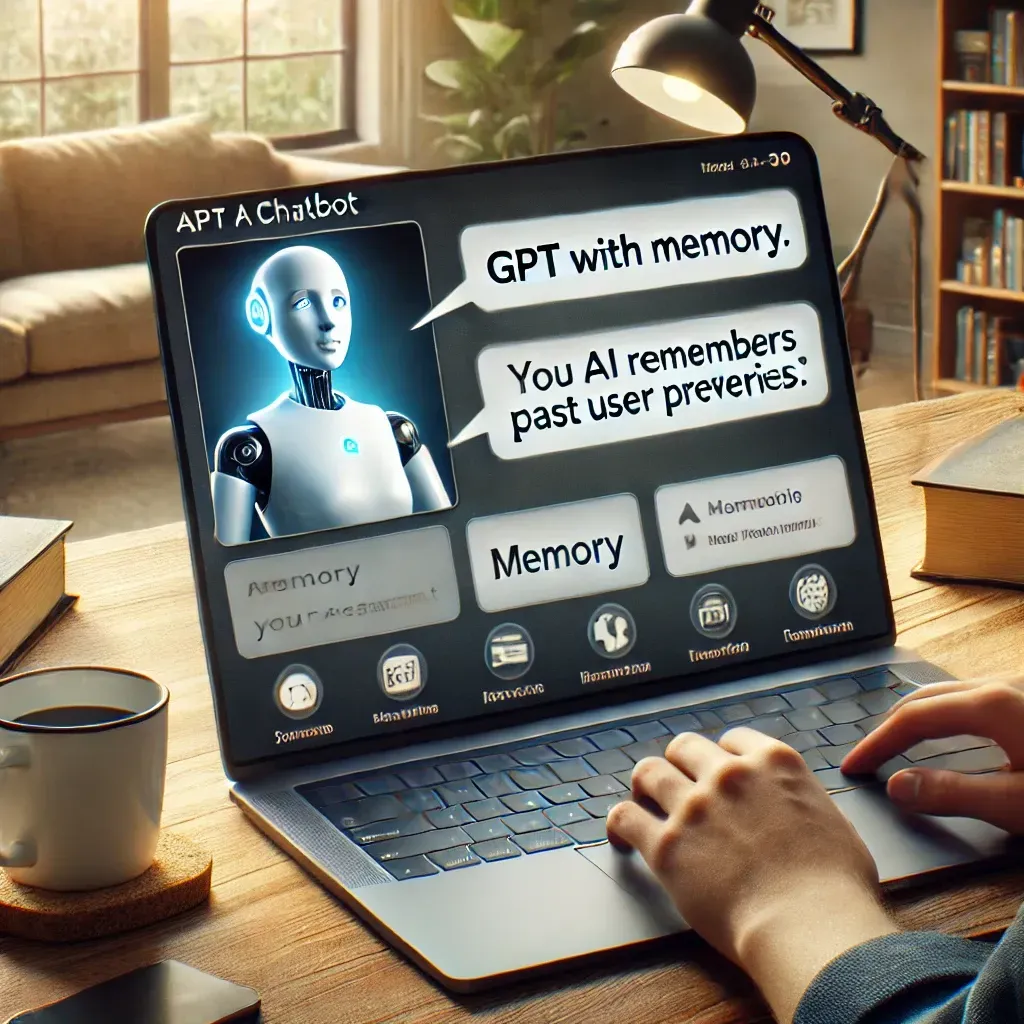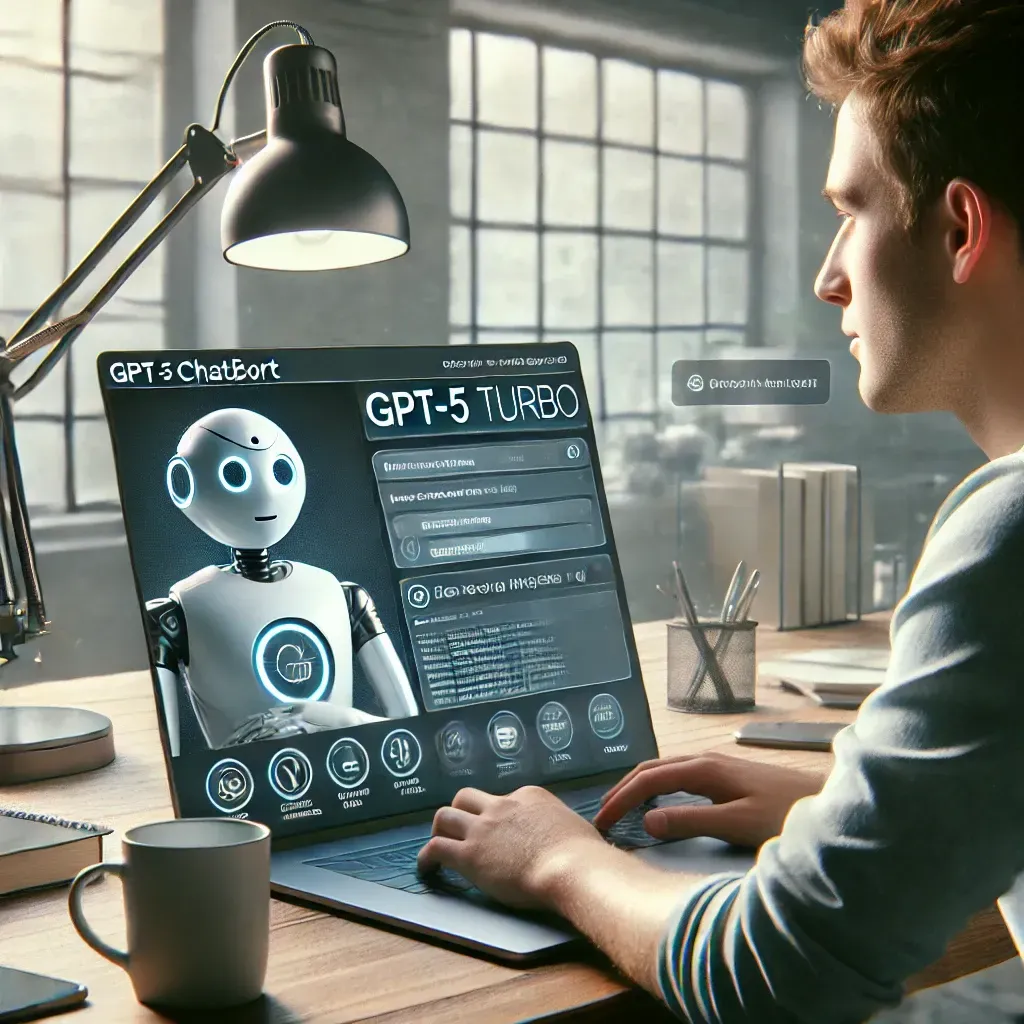AI's Role in Combating Climate Change: From Hype to Hero?
Climate change looms large, casting a shadow over our planet's future.
But amidst the challenges, a beacon of hope emerges: artificial intelligence (AI). This powerful technology, often depicted in dystopian fiction, now holds the potential to become a crucial ally in our fight for a sustainable future.
From Prediction to Prevention
AI excels at analyzing vast datasets, uncovering hidden patterns and trends. This makes it invaluable for predicting extreme weather events, optimizing energy grids for renewable sources, and even identifying areas at risk for deforestation. These insights empower us to prepare for the inevitable, mitigate its impact, and make informed decisions for a more resilient future.
Efficiency for the Win
Let's face it, human processes can be riddled with inefficiencies. But AI can optimize everything from agricultural practices to logistics networks, minimizing waste and maximizing resource utilization. Imagine AI-powered irrigation systems that conserve water, or self-driving delivery trucks that reduce traffic congestion and emissions. AI can shave precious percentages off our environmental footprint, making a significant difference when scaled globally.
Innovation on Autopilot
Remember the days of trial-and-error research? AI can accelerate the discovery of new sustainable technologies and materials. By analyzing vast chemical databases, it can pinpoint promising candidates for carbon capture or biofuels, fast-tracking innovation cycles and bringing these solutions to market quicker. New Paragraph
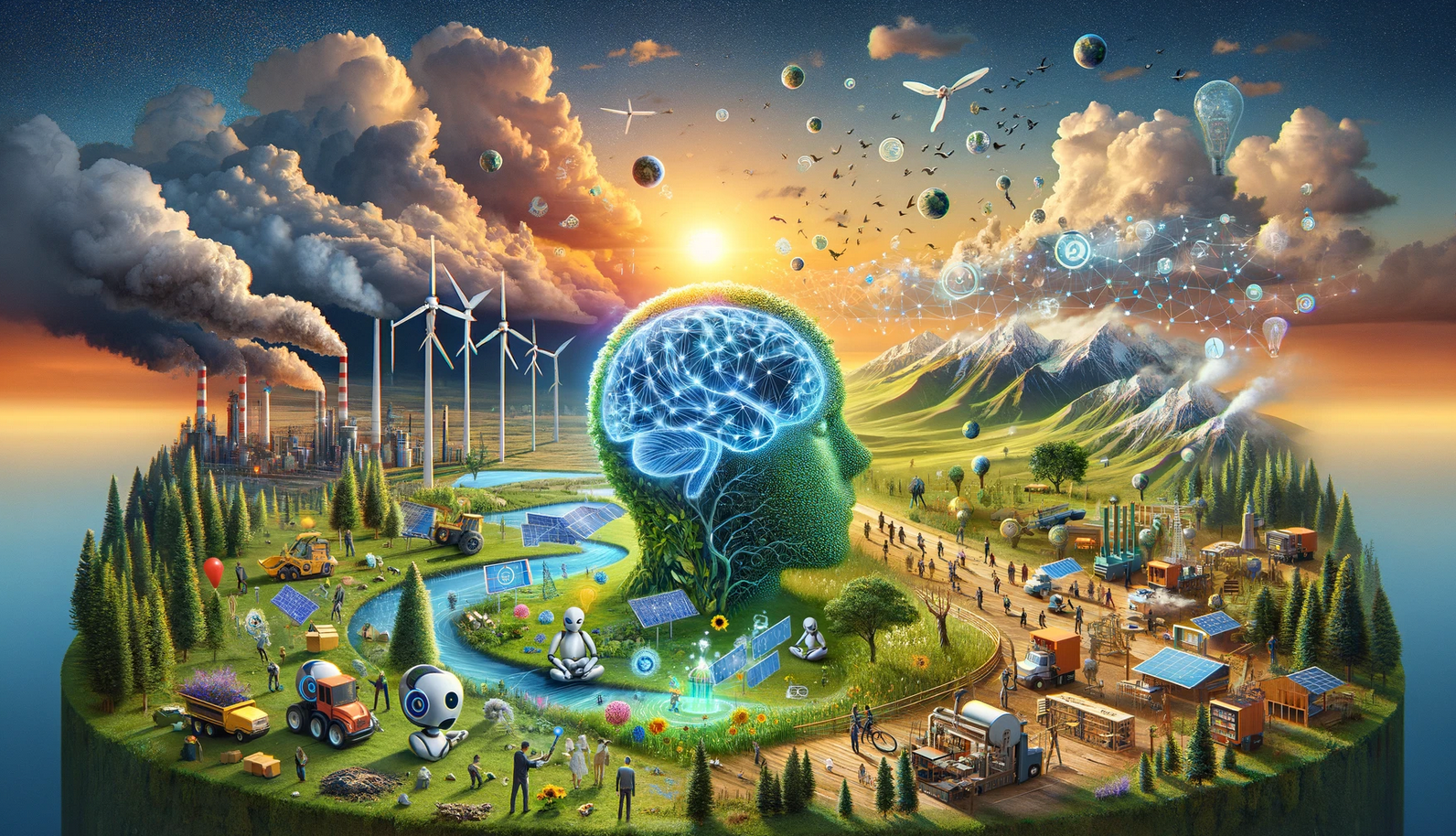
The Road Ahead
While AI's potential is undeniable, challenges remain. Ethical considerations around data privacy and bias need careful attention. Additionally, ensuring equitable access to these technologies is crucial to avoid widening the sustainability gap between developed and developing nations.
Specific Examples:
- Predicting and Preparing for Extreme Weather: AI-powered systems like Deep Thunder, developed by IBM, analyze vast amounts of atmospheric data to predict severe weather events with greater accuracy, leading to better preparedness and reduced damage. Similarly, AI can predict changes in sea levels and identify flood-prone areas, enabling coastal communities to build resilience.
- Optimizing Renewable Energy: AI algorithms can optimize energy grids in real-time, integrating more renewable sources like solar and wind while ensuring stability. They can also predict energy demand, reducing wasted generation and storage needs. This leads to a cleaner and more efficient energy infrastructure.
- Sustainable Agriculture: AI can analyze satellite imagery and sensor data to optimize irrigation systems, reducing water waste in agriculture. It can also help identify and combat crop diseases, minimizing pesticide use and promoting sustainable farming practices.
- Carbon Capture and Storage: AI can analyze geological data to identify suitable locations for storing captured carbon dioxide underground, a crucial technology for mitigating climate change. Additionally, AI-powered robots can automate and improve the efficiency of carbon capture processes.
Addressing Challenges
- Data Bias: Training data for AI models can contain biases that could lead to unfair or discriminatory outcomes. It's crucial to ensure diverse and representative datasets and develop algorithms that mitigate bias to avoid perpetuating existing inequalities.
- Accessibility and Equity: Unequal access to AI technologies could exacerbate existing disparities between developed and developing nations. Initiatives like the UN's AI for Climate Action program aim to bridge this gap by providing developing countries with resources and expertise to leverage AI for climate solutions.
- Transparency and Explainability: As AI models become more complex,understanding their decision-making processes becomes crucial. Explainable AI (XAI) techniques can help make AI models more transparent and trustworthy,fostering public acceptance and ethical applications.
The Future of AI and Climate Change
- Climate Modeling: AI can analyze complex climate models, leading to more accurate predictions and better understanding of climate change, enabling proactive responses.
- Personalization and Behavior Change: AI can personalize climate action to individuals and communities, encouraging sustainable choices and behavior change.
- Circular Economy: AI can optimize resource management and waste reduction,promoting a circular economy where materials are reused and recycled, minimizing environmental impact.
Conclusion:
AI is not a silver bullet, but it's a powerful tool in our arsenal. By harnessing its potential responsibly and collaboratively, we can turn the tide on climate change and build a more sustainable future for generations to come. Let's not wait for a robot uprising to save the planet – let's empower AI to be the hero we need right now.
Join our newsletter today and be part of a community that's navigating the exciting and ever-evolving landscape of AI. Stay ahead with updates on breakthrough technologies, ethical AI practices, and innovations that are shaping our future.
